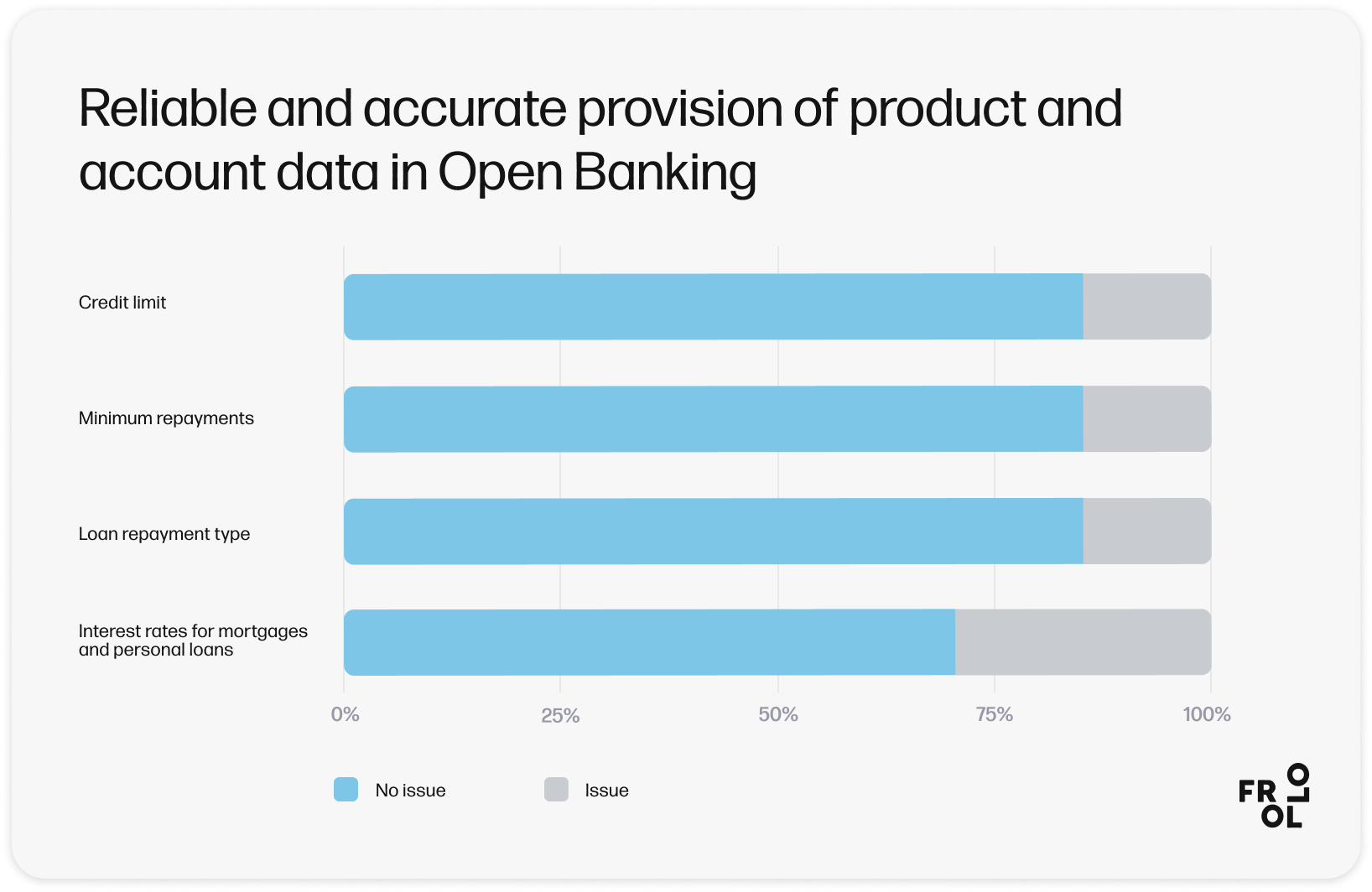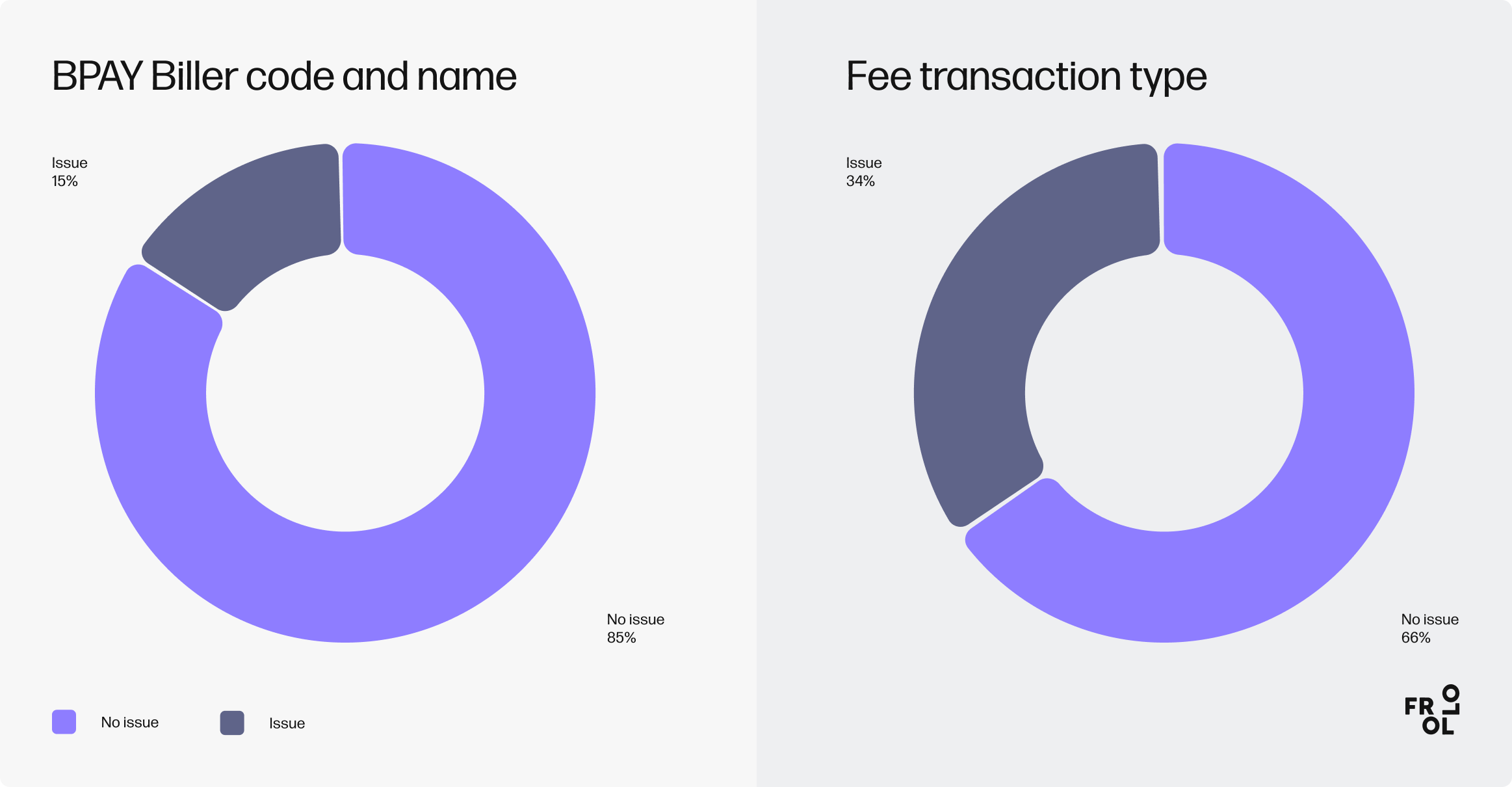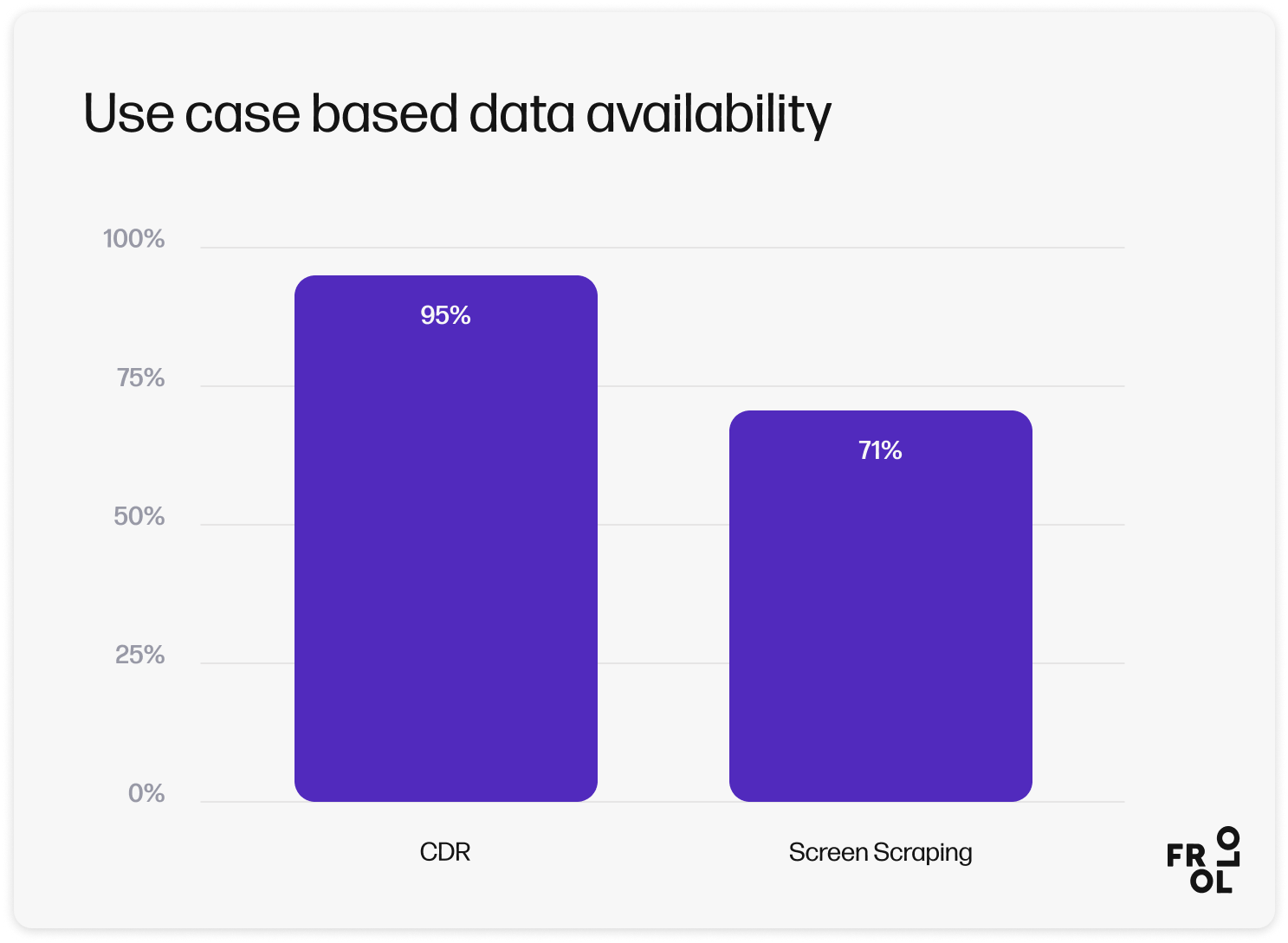Open banking provider offers data-backed insights on open banking versus screen scraping

Open banking provider Frollo is calling for a collaborative approach to improve data quality within the Consumer Data Right (CDR) ecosystem.
Drawing on nearly four years of experience, the firm emphasises the importance of a use case-based approach to enhance the effectiveness of open banking.
“As part of our ongoing effort to contribute a data-backed perspective to the conversation about open banking in Australia, we’ve looked into the availability of data required for a comprehensive, high-value open banking use case: money management,” said Tony Thrassis (pictured), head of open banking and regulatory affairs at Frollo.
“Focusing on this use case is insightful because achieving the required data richness lays the foundation for delivering better outcomes across many other use cases. These other use cases, such as lending, customer onboarding, financial planning, and payments, all rely on subsets of the data needed for comprehensive money management.”
The company’s research analysed data from seven major Australian banks — Commonwealth Bank, Westpac, NAB, ANZ, Bankwest, Macquarie, and ING — covering aspects like credit limits and loan repayment types. It revealed that most banks provided consistent data, although gaps were noted in categories such as interest rates and minimum repayments.

Additionally, Frollo examined 210 million transactions from July 2023 to March 2024, identifying significant issues in the categorisation and labelling of transactions. For instance, 15% of BPAY transactions lacked essential details like biller codes, and 34% of fee transactions were incorrectly classified.

“Reliable and comprehensive transaction data is the foundation of effective money management, enabling accurate categorisation, intelligent insights, and personalised recommendations,” Thrassis said. “These findings underscore the importance of a use case based approach to enhancing open banking.”
Moreover, Frollo’s analysis compared open banking data with that obtained through screen scraping, noting a 35% uplift in data coverage through open banking. However, despite the availability, data from screen scraping often suffers from inconsistencies and unreliability.

Frollo is urging the Australian Competition and Consumer Commission (ACCC), the Data Standards Body, and industry stakeholders to unite around significant use cases.
“Rather than being general across all data with limited practical application, we must identify the most impactful use cases and work collaboratively to address the specific data gaps and quality issues that hinder their realisation,” Thrassis said.
“We will continue to share our expertise and advocate for this collaborative effort through a use case based approach to improvement and leveraging our unique insights to drive meaningful progress.”
Want to be regularly updated with mortgage news and features? Get exclusive interviews, breaking news, and industry events in your inbox – subscribe to our FREE daily newsletter. You can also follow us on Facebook, X (formerly Twitter), and LinkedIn.



